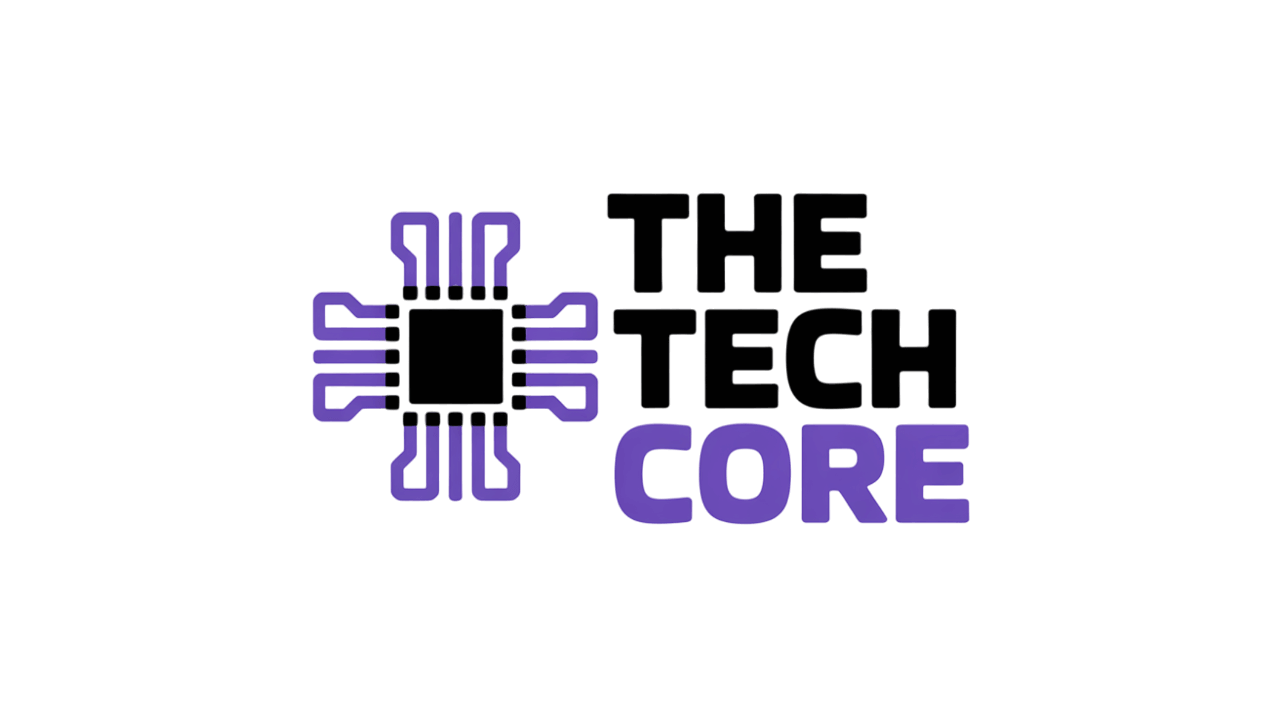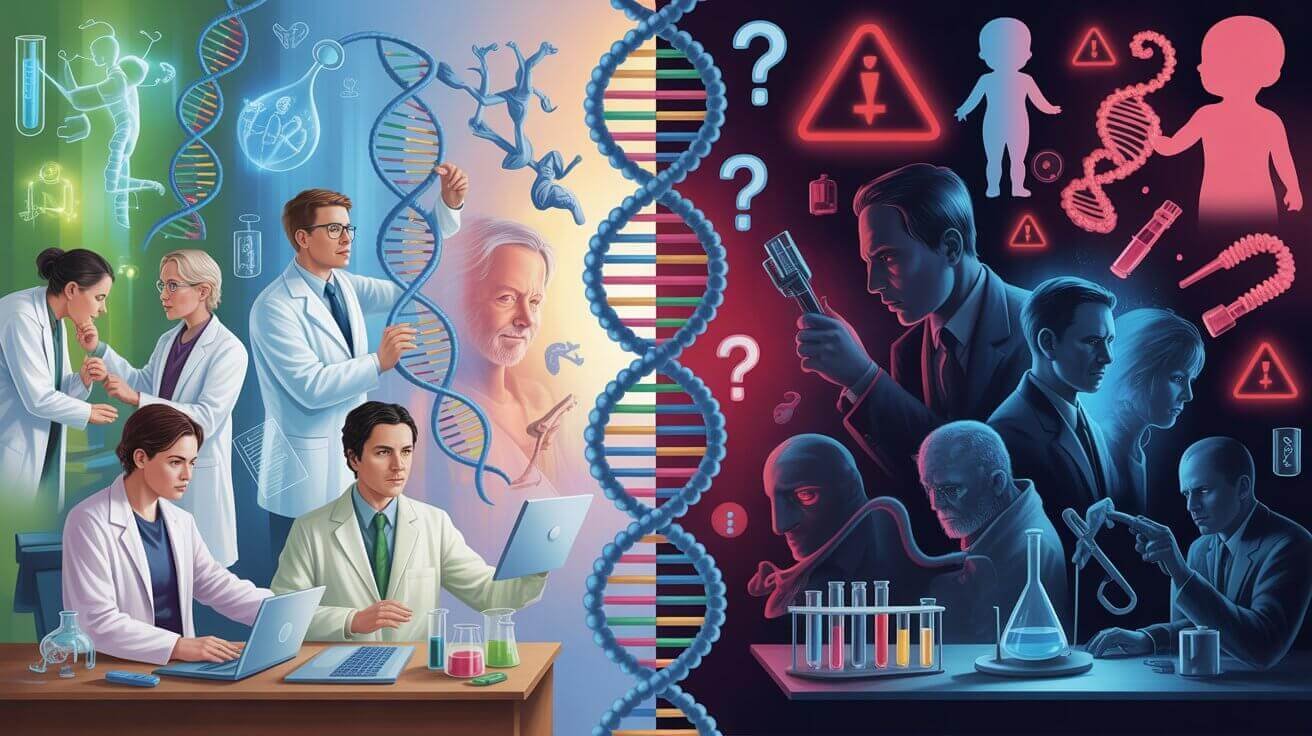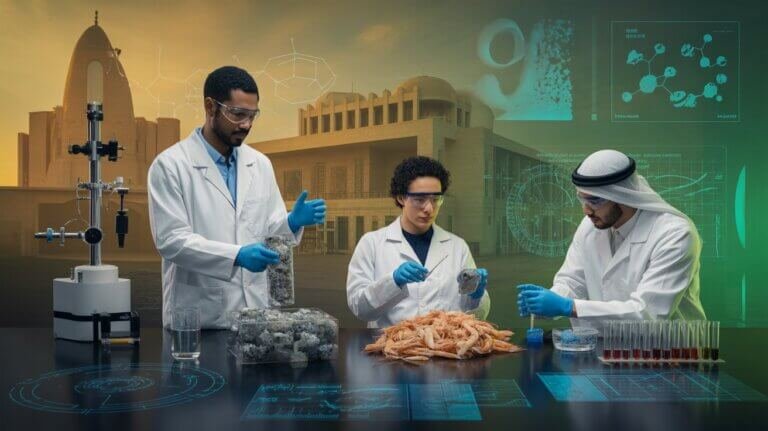Scientists are now building human DNA from scratch, raising urgent questions about synthetic genome ethics. Not editing it. Not tweaking it. Actually constructing entirely synthetic human genomes in laboratories, which creates unprecedented ethical dilemmas about the morality of creating artificial life.
This isn’t science fiction anymore. Synthetic genome ethics has become one of the most pressing debates in modern science, while bioethical concerns about artificial human DNA challenge everything we thought we knew about playing God with human life. These genome ethics questions force us to confront moral boundaries we’ve never faced before. The Wellcome Trust just invested £10 million into the Synthetic Human Genome Project, officially launching humanity’s boldest—and most ethically controversial—biological experiment yet.
Understanding Synthetic Genome Ethics: What Is Artificial DNA Creation?
Unlike gene editing, which modifies existing DNA, synthetic genome creation means writing entirely new genetic code from scratch. Think of it as the difference between editing a book versus writing a completely new one.
The Synthetic Human Genome Project (SynHG) aims to design and build genomes using chemically synthesized DNA. Over the next five years, researchers plan to recreate one small chromosome—around 2% of human DNA. Eventually, they want to construct an entire human genome.
This builds on previous successes. Scientists have already created synthetic genomes for bacteria and yeast. But human genomes? That’s crossing into uncharted territory that makes even seasoned researchers nervous.
The project promises revolutionary breakthroughs in treating genetic diseases, age-related conditions, and developing new therapies. However, it also opens Pandora’s box of ethical concerns that keep bioethicists awake at night.
Medical Promise vs Synthetic Genome Ethics Concerns
Before diving into the thorny ethical issues, let’s understand why scientists are pursuing this controversial research.
Revolutionary Disease Treatments
Synthetic genome technology could transform how we treat genetic disorders. Instead of trying to fix broken genes, doctors could eventually replace entire genetic systems with perfectly functioning synthetic alternatives.
“The sky is the limit. We are looking at therapies that will improve people’s lives as they age, that will lead to healthier aging with less disease as they get older,” Dr Julian Sale of the MRC Laboratory of Molecular Biology told the BBC.
Organ Regeneration and Transplants
Moreover, synthetic genomes could enable the creation of disease-resistant cells for repairing organs like the heart, liver, and immune system. Imagine organs that are genetically programmed to resist cancer, HIV, or other diseases.
Drug Discovery Breakthroughs
Furthermore, synthetic genome research promises major advances in drug discovery and functional genomics. Scientists could test new medications on synthetic human cells that perfectly mimic disease conditions without risking human volunteers.
Major Synthetic Genome Ethics Dilemmas and Moral Risks
Nevertheless, synthetic genome ethics presents challenges that make traditional bioethics look simple by comparison.
Synthetic Genome Ethics and Designer Baby Concerns
The most immediate concern involves the creation of so-called “designer babies.” Although the current project focuses only on laboratory cells, the technology could theoretically enable parents to custom-design their children’s genetic makeup.
The idea of designer babies is a main point of ethical controversy surrounding SynHG. Via modification of embryos, researchers could theoretically use synthetic genome technology to ‘shape’ their children before birth, raising questions about the amount of freedom they should be allowed to have.
This raises profound questions about human dignity and the commodification of life. Should parents be able to order genetic traits like they’re shopping online?
Genome Ethics: The Modern Eugenics Threat
Additionally, synthetic genome ethics involves serious concerns about modern eugenics. If synthetic genetic enhancements become available, they’ll likely be expensive initially—creating a genetic class divide between the enhanced wealthy and the “natural” poor.
Some researchers and bioethicists are concerned that any genome editing, even for therapeutic uses, will start us on a slippery slope to using it for non-therapeutic and enhancement purposes.
Synthetic Genome Ethics: Biological Warfare Risks
Furthermore, synthetic genome technology could potentially be weaponized. Fears of creating designer humans or synthetic life with unforeseen consequences include the risk of misuse for harmful purposes, including biological warfare.
The technology that creates beneficial synthetic organisms could just as easily create harmful ones.
Genome Ethics and the Consent Problem
Perhaps most troubling, synthetic genome ethics raises questions about consent for people who don’t exist yet. How do we obtain informed consent for genetic modifications that will affect future generations?
Synthetic Genome Ethics in Practice: Real-World Case Studies
To understand how synthetic genome ethics plays out in practice, let’s examine some concrete examples.
The CRISPR Babies Controversy
In 2018, Chinese scientist He Jiankui shocked the world by creating the first gene-edited babies. Although this involved editing rather than synthetic creation, it demonstrated how quickly theoretical ethical concerns become real-world problems.
The international scientific community condemned He’s work, and he was subsequently imprisoned. However, this case shows how difficult it is to enforce ethical standards globally.
The HIV-Resistant Gene Modification
Interestingly, one area where synthetic genome ethics becomes complex involves creating HIV-resistant humans. Studies show that naturally high levels of certain genetic modifications can protect against HIV infection.
Companies are already working on synthetic biology approaches to enhance these natural protections. But should we create synthetic humans who are immune to HIV? What about other diseases?
Enhancement Tourism
Moreover, we’re already seeing “enhancement tourism” where people travel to countries with looser regulations to receive experimental genetic modifications. Former NASA biochemist Josiah Zayner injected himself with a CRISPR solution in a live-streamed event, aiming to enhance his muscle-building capabilities.
This DIY approach to genetic modification completely bypasses traditional ethical oversight.
Addressing Synthetic Genome Ethics: Scientific Oversight Solutions
Recognizing these challenges, the Synthetic Human Genome Project has built ethics into its foundation from day one.
Embedded Social Science Research
Unlike many scientific projects that treat ethics as an afterthought, SynHG includes a parallel social science program called “Care-full Synthesis.”
Led by Professor Joy Zhang at the University of Kent, this program addresses the ethical, legal, and social implications of synthetic genome research. “We aim to establish a new paradigm for accountable scientific and innovative practices in the global age,” Zhang explained.
Global Stakeholder Engagement
Furthermore, the project explicitly includes stakeholders from Europe, Asia-Pacific, Africa, and the Americas. This global approach recognizes that synthetic genome ethics varies across cultures and societies.
Transparent Research Practices
Additionally, the project emphasizes transparency and public engagement. Rather than developing the technology in secret, researchers are proactively discussing potential risks and benefits with the public.
“This technology is going to be developed one day, so by doing it now we are at least trying to do it in as responsible a way as possible,” Tom Collins, senior research manager at Wellcome, told BBC News.
Your Role in Synthetic Genome Ethics: Taking Action
Synthetic genome ethics isn’t just an academic debate—it affects everyone. Here’s how you can engage meaningfully with these issues.
Stay Informed About Developments
Follow reputable science news sources and policy organizations that cover synthetic biology developments. The National Academies of Sciences, Engineering, and Medicine regularly publishes reports on emerging biotechnologies.
Participate in Public Discussions
Many organizations host public forums about synthetic biology and genetic engineering. Your voice matters in shaping how society approaches these technologies.
Support Ethical Research Practices
Choose to support organizations and research institutions that prioritize ethical oversight and public engagement in their synthetic biology research.
Educate Others
Share accurate information about synthetic genome technology with friends and family. Combat misinformation while encouraging thoughtful discussion about the ethical implications.
Future of Synthetic Genome Ethics: What Lies Ahead
Looking ahead, synthetic genome ethics will likely become even more complex as the technology advances.
Regulatory Frameworks
Countries will need to develop new regulatory frameworks specifically for synthetic genome technology. About 40 countries currently discourage or ban research on germline editing, but synthetic genome creation presents different challenges.
International Cooperation
Moreover, international cooperation will be essential. Synthetic genome technology developed in one country could affect people worldwide, making global coordination crucial.
Public Policy Decisions
Furthermore, societies will need to make difficult decisions about which applications of synthetic genome technology to permit. Should we allow genetic enhancements? What about synthetic organs? Where do we draw lines?
Economic and Social Justice
Additionally, ensuring equitable access to beneficial synthetic genome technologies will be a major challenge. We must prevent synthetic genetics from creating or worsening social inequalities.
The Bottom Line
Synthetic genome ethics represents humanity’s next great moral test. We’re gaining the power to literally create life from scratch—a capability that brings both tremendous promise and terrifying risks.
The technology itself is neither good nor evil. What matters is how we choose to develop and apply it. Will we use synthetic genomes to eliminate genetic diseases and enhance human wellbeing? Or will we create new forms of inequality and biological weapons?
The decisions we make today about synthetic genome ethics will shape the future of human life itself. We can’t afford to get this wrong.
The conversation has already begun. Scientists, ethicists, policymakers, and citizens worldwide are grappling with these questions. But ultimately, it’s up to all of us to ensure that synthetic genome technology serves humanity’s best interests.
The future of our species may literally depend on how well we navigate the ethical challenges of creating life from scratch. That’s a responsibility we all share.









This is just amazing and very informative